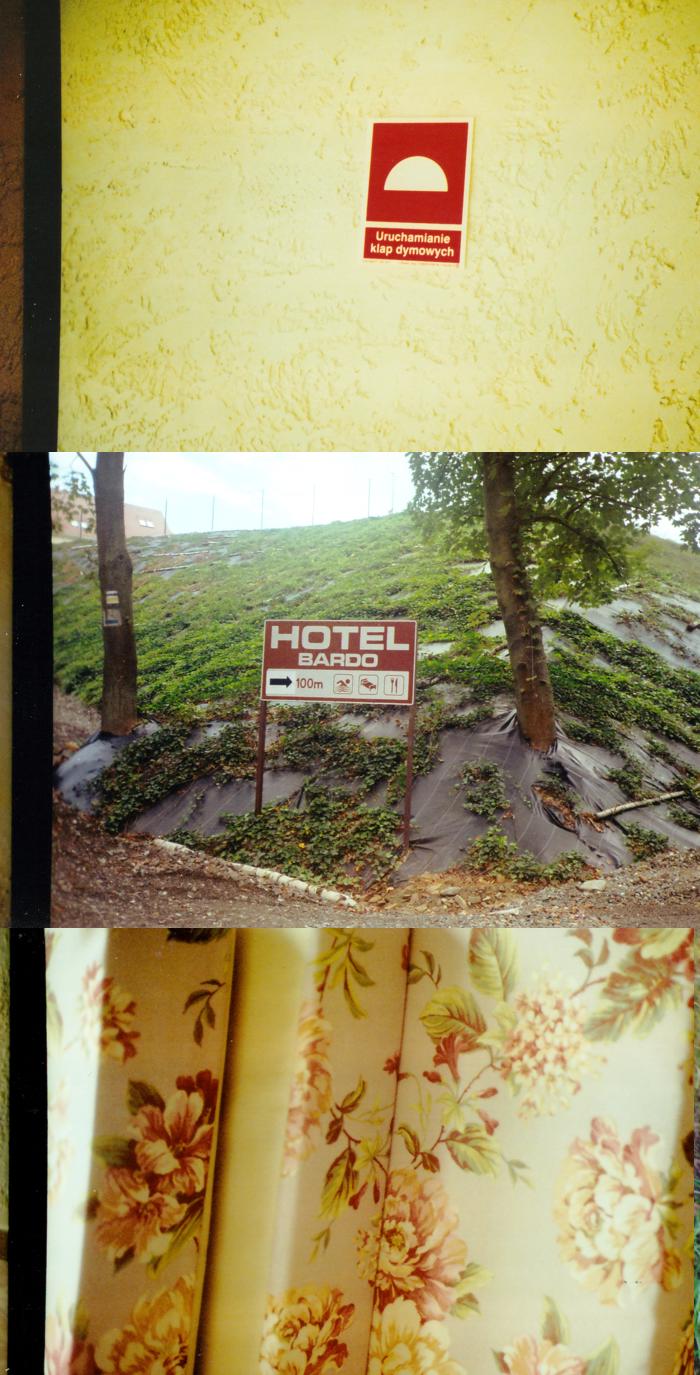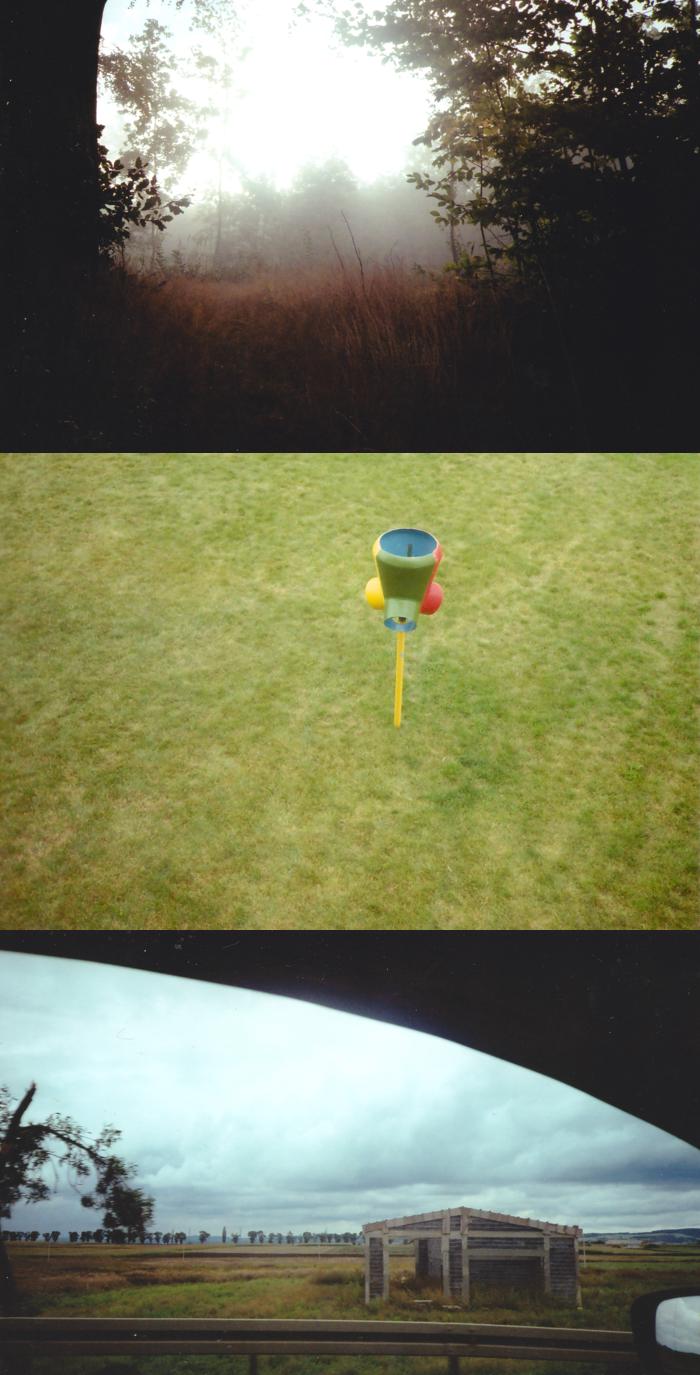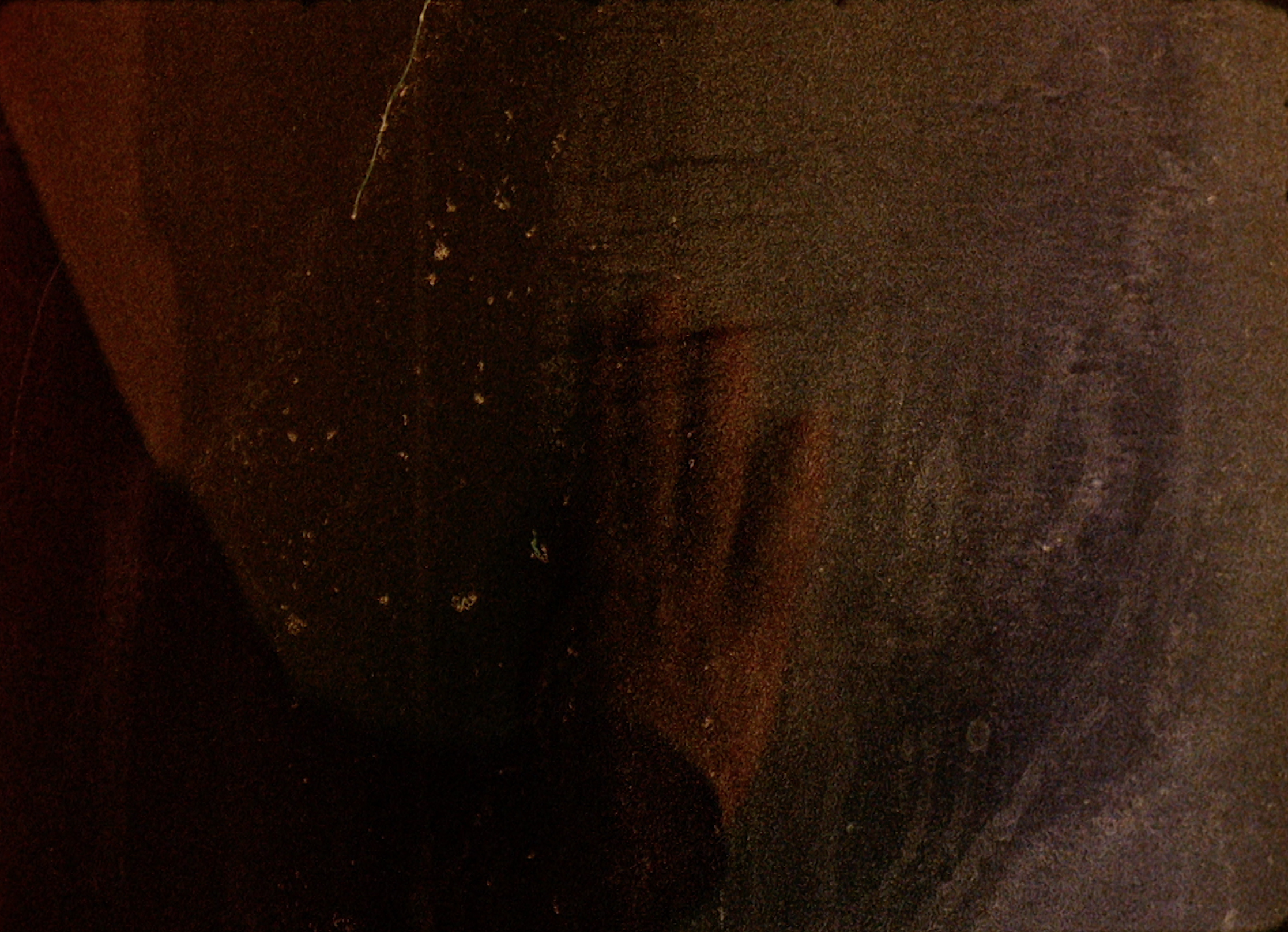2018 Hotel Bardo
‘The last avant-garde
anti-project at the end of time.’
Iain Sinclair
anti-project at the end of time.’
Iain Sinclair
Hotel Bardo is an effort to convey something of the artist and author Brion Gysin in present time. Resisting biography—refusing historicisation—and instead attempting to harness a narrative borne by Gysin himself. A transcendent un-biography, Hotel Bardo is an ultra-travelogue set in a vision of the public domain in which the living and the dead pass freely to play with the idea of origins and posterity.
The title of the project owes to Gysin’s final literary work—Beat Museum / Bardo Hotel—which represents the closest he ever came to autobiography. Lifting the concept of the Bardo from Tibetan Buddhism [‡], and interlacing it with his recollection of the happiest time in his life, Gysin’s intention in this work—indeed throughout his work—was to ‘write himself out of existence’. What frightened him more than the certainty of death was the possibility of re-birth; Beat Museum / Bardo Hotel flirts with that fear. Throughout the story the artist swings from character study, to critical reflection, to a scrutiny of the act of storytelling itself. Bardo Hotel is a joke about art; a jibe about eternity; a treatise on death and memorial. Hotel Bardo is an extension of that same narrative: ancient, multiplicitous and without end.
Alongside Hotel Bardo’s existence ‘A set of fragments, never to be completed or given a definitive form, and reliant on obscure screenings, misinformation and the hit-and-run of commissioning politics’, its core act is one of unrecording. In the year that would’ve been Gysin’s 100th, Schtinter sought to locate the ‘real’ Hotel Bardo on planet Earth and found it, one hour south of Wroclaw in Poland. Taking video footage of extensive interviews with artists and writers especially inspired by Gysin (including Genesis Breyer P-Orridge, Liliane Lijn, Kathelin Gray, Jarett Kobek, William E. Jones), Schtinter played back in full on respective hotel monitors their tributes, the motivation being the creation of a connection with Gysin—still in the Bardo—to finally release him from it. And so from re-birth, so from death.
Films comprising the Hotel Bardo available from Light Cone, debuted at Int’l Short Film Festival Oberhausen and Edinburgh Int’l FF. Information on a forthcoming publication can be found here. Thanks to the generous support of Arts Council England.
(back)
The title of the project owes to Gysin’s final literary work—Beat Museum / Bardo Hotel—which represents the closest he ever came to autobiography. Lifting the concept of the Bardo from Tibetan Buddhism [‡], and interlacing it with his recollection of the happiest time in his life, Gysin’s intention in this work—indeed throughout his work—was to ‘write himself out of existence’. What frightened him more than the certainty of death was the possibility of re-birth; Beat Museum / Bardo Hotel flirts with that fear. Throughout the story the artist swings from character study, to critical reflection, to a scrutiny of the act of storytelling itself. Bardo Hotel is a joke about art; a jibe about eternity; a treatise on death and memorial. Hotel Bardo is an extension of that same narrative: ancient, multiplicitous and without end.
Alongside Hotel Bardo’s existence ‘A set of fragments, never to be completed or given a definitive form, and reliant on obscure screenings, misinformation and the hit-and-run of commissioning politics’, its core act is one of unrecording. In the year that would’ve been Gysin’s 100th, Schtinter sought to locate the ‘real’ Hotel Bardo on planet Earth and found it, one hour south of Wroclaw in Poland. Taking video footage of extensive interviews with artists and writers especially inspired by Gysin (including Genesis Breyer P-Orridge, Liliane Lijn, Kathelin Gray, Jarett Kobek, William E. Jones), Schtinter played back in full on respective hotel monitors their tributes, the motivation being the creation of a connection with Gysin—still in the Bardo—to finally release him from it. And so from re-birth, so from death.
Films comprising the Hotel Bardo available from Light Cone, debuted at Int’l Short Film Festival Oberhausen and Edinburgh Int’l FF. Information on a forthcoming publication can be found here. Thanks to the generous support of Arts Council England.
(back)
(Norton’s Cut-Up)



[‡] The “Bardo” of the book’s title refers to the transitional state between death and rebirth found in some schools of Buddhist thought. Although though the concept “bardo” (བར་དོ་)—“antarabhāva”in Sanskrit—arose soon after the death of Siddhartha Gautama (and long after the foundational teachings of the Buddha), it holds a prominent place in Western imagination by way of the Bardo Thodol. A teaching revealed by Karma Limpa in the Fourteenth Century, translating as “Liberation Through Hearing During the Intermediate State,” Bardo Thodol is the cornerstone of The Tibetan Book of the Dead; a text popularized Aldous Huxley, Timothy Leary, Ralph Metzner and Richard Alpert who anchored their studies of the psychedelic experience in Walter Y. Evan-Wentz’s 1927 translation of theTibetan Book of the Dead. Metaphorically speaking, bardo denotes life in suspension; be it through dream, ritual or meditation. For Gysin, bardo was a hotel.
(John Akomfrah in ‘John on the Void’
click here for version with subtitles)
click here for version with subtitles)
(sample from House Of The Last London)


